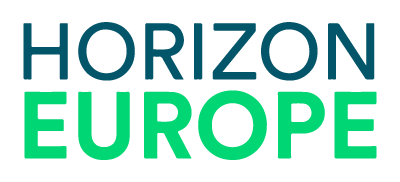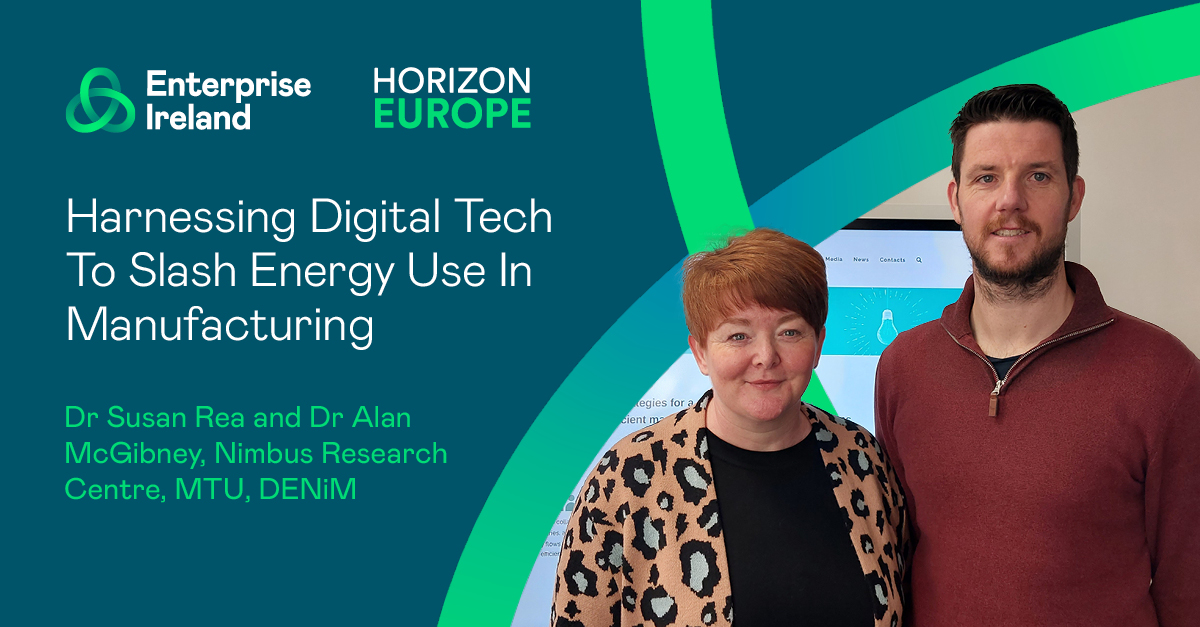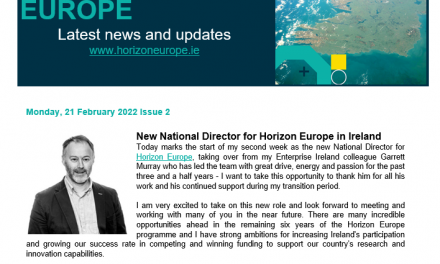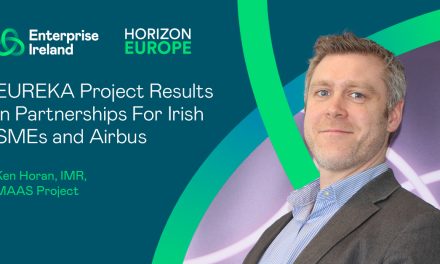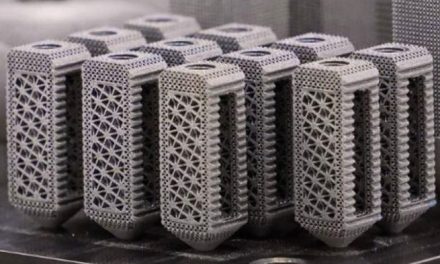With manufacturing accounting for a third of global energy demand, it’s crucial the sector is as energy efficient as possible. To stay sustainable and competitive, manufacturers need to zero in on energy management.
To help manufacturers manage their energy consumption better, the EU-funded DENiM (Digital intelligence for collaborative ENergy management in Manufacturing) project is developing an integrated toolchain for the provision of advanced digital services for smart energy management.
These include secure-edge connectivity using the Internet of Things (IoT), data analytics, digital twin technology, energy modelling and automation. These tools allow organisations to map energy flows across the complete manufacturing value chain and introduce energy efficiency into existing business processes through digitalisation.
Smart path to cutting energy use
Over time, this should lead to a significant reduction in the use of energy of 30-40% in industrial contexts and costs savings of 15-20% from improved operations. Furthermore, it will lead to a reduction in waste of up to 10%.
“What we are trying to do is to show best practices in the use of digital technology and how those can support energy efficiency,” explains Dr Alan McGibney, Group Lead for IoT Systems and User Interaction at the Nimbus Research Centre based at Munster Technological University (MTU).
“It’s really digital intelligence. Manufacturing companies can have a lot of data, but they don’t know how to use it. This project is about turning that data into actions they can take. It means getting the right information to the right people in the right context so they can make the right decision.”
“The European Commission wants to see reduced energy use in industry and to have the circular economy coming to the fore,” says Dr McGibney. “Done well, that leads to cost savings for companies and offers a reputation boost, as companies want to be able to show they are proactive in that side of things.”
Coordinated by Dr McGibney and Dr Susan Rea at MTU, the project team comprises 18 partners across seven countries. Funded to the tune of €11m by the European Union’s Horizon 2020 programme, the four-year project is about halfway through and progressing well. Dr McGibney says however, the project has been longer in the making.
“We began the process almost 12 months before we submitted the call,” he said. “We had already been successful with European projects relating to energy efficient buildings and had a network of contacts in that area, and we are members of Confirm, the SFI Research Centre for Smart Manufacturing, so once we saw the call relating to energy efficient manufacturing, it made sense to respond.”
Take expert advice from the outset
It can take time to pull together a funding proposal and bring partners on board. Dr McGibney recommends engaging with the relevant national contact point, who can offer expert guidance. The DENiM team availed of a Coordinator Support Grant from Enterprise Ireland and advice from the National Contact Point for Horizon 2020 Manufacturing.
He also advises attending events such as the information days run by the European Commission or the sessions run by agencies such as the European Factories of the Future Research Association (EFFRA) and the European Technology Platform MANUFUTURE.
“In fact, don’t just attend,” he adds, “but present at the event, if possible. Everyone is looking for someone to drive the project and showing you are willing to stand up is a good step in building new partnerships.”
Build the right partner network
Collaboration is vital when it comes to these large-scale EU funded projects, says Dr McGibney. “Sometimes, as researchers, we can be closed and want to protect what we are doing, but we must be open and willing to share and innovate together. Throughout the proposal process, you need a good team around you, so start early and find the right people who are willing to contribute. If you don’t have the inputs from all the partners, you don’t have a rounded pitch for the proposal.”
Involve partners from industry
The 18 DENiM partners are spread across academia, industry and the SME sector, which includes two other Irish partners in the consortium, University College Cork and Depuy Ireland. To validate the DENiM solution in real world conditions, the digital tools and technologies are being deployed at four pilot sites run by project partners in Ireland, Italy, Slovenia and Spain. These represent four different types of manufacturing sectors – medical devices, automotive tooling, steel manufacturing and composite parts manufacturing – and are across companies of different sizes and levels of maturity.
“Up to now, some of the partners haven’t monitored energy at all,” explains Dr McGibney. “They are just trying to get their products produced and they don’t have any energy monitoring in place. Our priority is getting sensors in and to start to collect information so we can understand what is happening on the ground. Over time, we can automate more of that process and allow the industry partners to monitor their energy efficiency in a way that helps them make better decisions.”
The programme also involves digital skills assessment and training for staff in partner businesses, adds Dr McGibney. “If we are claiming digital technology is the answer, then we have to support people in upskilling and reskilling, enabling them to use the technology and make the most of it,” he says.
If you would like advice about accessing Horizon Europe support or further details, please contact horizonsupport@enterprise-ireland.com or visit www.horizoneurope.ie
